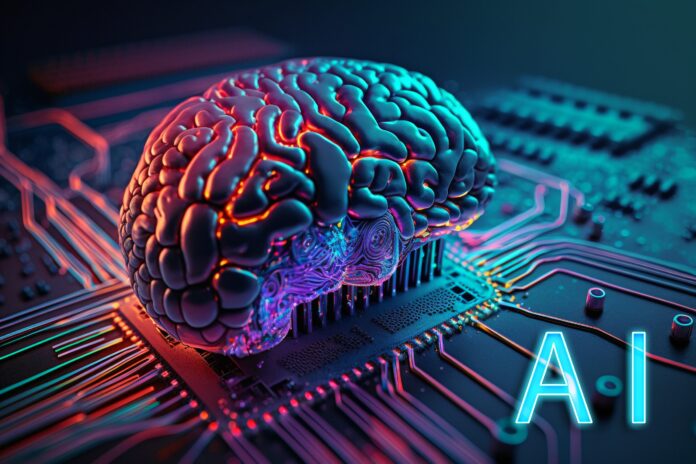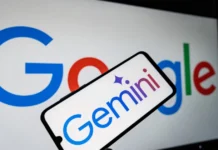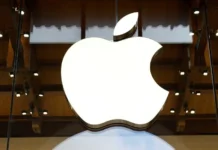As artificial intelligence reshapes society at breakneck speed, many parents around the world are facing growing anxiety over how best to prepare their children for a future defined by the technology. Struggling to balance fears of potential harm and the risk of their children falling behind, families are being forced to make difficult choices with little guidance or scientific clarity.
“It’s really hard to predict anything over five years,” said Adam Tal, an Israeli marketing executive and father of two boys aged seven and nine. Tal described himself as “very worried” about what AI might mean for his children, from deepfakes and digital deception to a host of emerging threats he feels unprepared to recognize.
In the United States, psychologist Mike Brooks, based in Austin, Texas, says many parents are already overwhelmed. “They’re dealing with online pornography, TikTok, video games, and just trying to get their kids out of their rooms. Adding AI to the list is daunting,” he explained.
The uncertainty surrounding AI is compounded by a lack of solid research. A recent MIT study found that individuals who used generative AI tools displayed lower memory retention and brain activity than those who didn’t, a finding that has fueled concerns about AI becoming an intellectual shortcut.
“I want my kids to use AI only to deepen their knowledge,” said one father of three, who preferred to remain anonymous. “After that MIT study, I’m more cautious than ever.”
Others, like law student Melissa Franklin from Kentucky, are embracing AI, cautiously. She allows her 7-year-old son to explore AI tools under supervision to find information they can’t get from traditional sources. “I don’t understand all the technology behind AI,” she said, “but I know it’s inevitable. I’d rather give my son a head start than leave him overwhelmed.”
Still, she insists on boundaries. “He needs to learn to think for himself,” she said.
Marc Watkins, a professor at the University of Mississippi and a parent himself, believes the AI conversation is no longer about if children will engage with the technology, but how. “We’ve already gone too far to shield them,” he noted, calling instead for “in-depth conversations about the benefits and risks.”
Some experts fear that AI could widen social and educational gaps. Watkins warns that many parents may view AI as “a tool for getting ahead, if you can afford it.” A computer engineer and father of a 15-year-old echoed the concern. “My son has an advantage because both his parents have PhDs in computer science, and that’s mostly because we’re more affluent than average.”
Jensen Huang, CEO of AI chipmaker Nvidia, has often called AI “the greatest equalization force,” claiming it can democratize access to education and opportunity. But for now, many parents aren’t so sure.
While some see AI as a gateway to the future, others remain wary of its long-term impact on children’s cognitive development, ethics, and independence. As AI becomes more embedded in daily life, one thing is clear: parents are navigating a high-stakes frontier, often without a map.
Written By Rodney Mbua



















